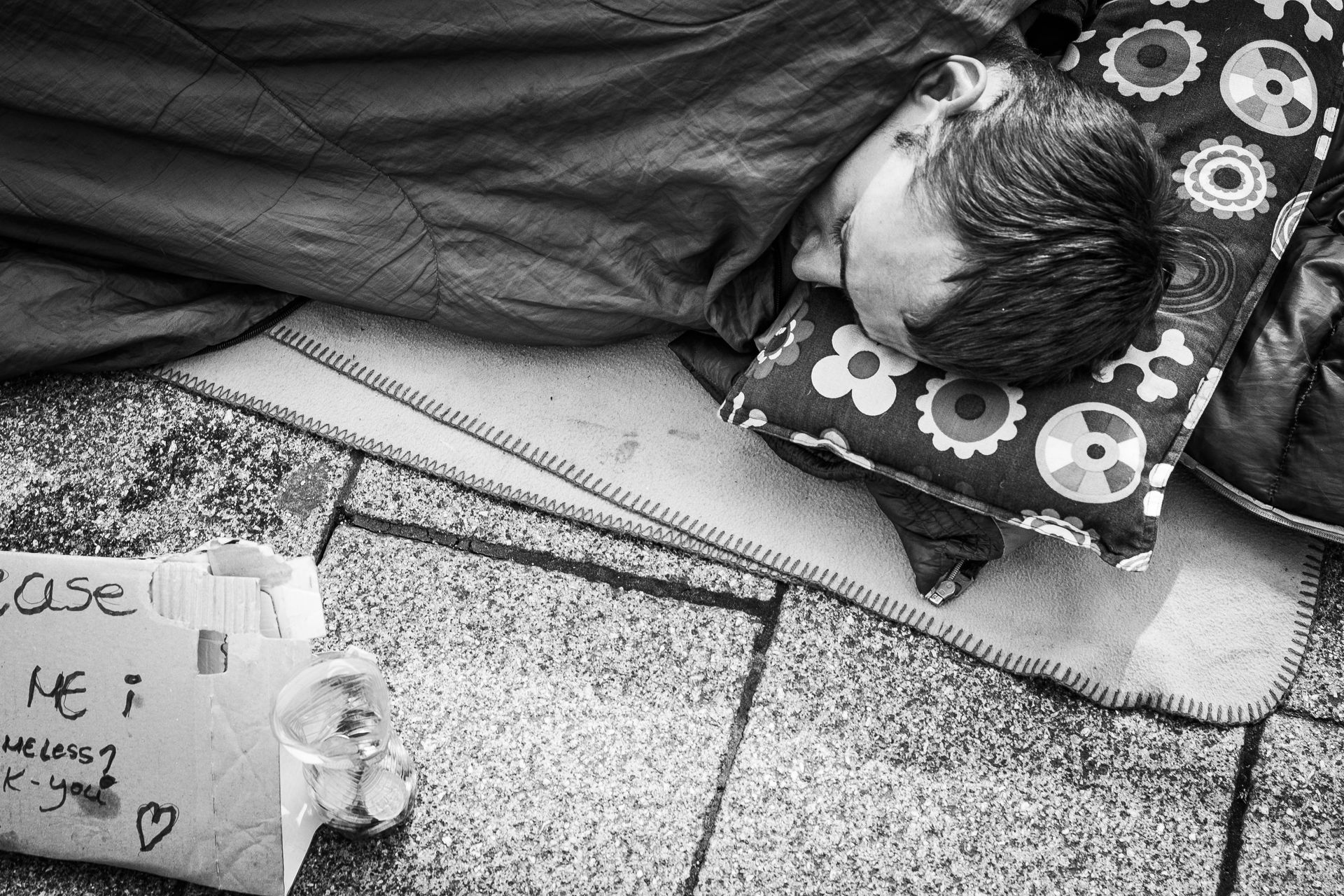DIOCESAN NEWS ARTICLES
Within our news section, you will find key articles taken from the Diocesan website, and highlighted for extra attention. We would very much recommend that you visit the diocesan site to further explore news and activities available.
Our Archbishop: Mark O'Toole
Archbishop-elect Mark O’Toole was born in London on 22nd June 1963. The youngest son of Marcus and Maura O’Toole who originally hail from the Irish-speaking community of Connemara, Galway, Ireland. He attended St Ignatius Primary School, Stamford Hill and St Thomas More Secondary School in Wood Green, leaving school in 1981 with four ‘A’ level qualifications. Three years later he graduated the University of Leicester with a BSc in Geography.

By Webmaster
•
January 30, 2026
The Sovereign Military Hospitaller Order of St John of Jerusalem of Rhodes and of Malta offer an open invitation to a day of recollection at Belmont Abbey on Saturday, March 7th from 10am to 4pm. The day will be led by Rev Dom Alexander Kenyon, the Prior of Belmont. Please contact Andrew Grant for further information at andrewgrant2026@btinternet.com or 07976 982742

By Webmaster
•
January 30, 2026
Worldwide Marriage Encounter offer marriage enrichment retreats. Focused on couples who want to enrich their marriage and gain a deeper understanding of the Sacrament of Marriage, the retreat offers a unique experience. It’s a chance to explore your relationship at a deeper, more intimate level, regardless of how long you have been together. The next Residential Weekend is from February 27th to March 1st at the Holiday Inn Express West, Swindon. Find out more at https://wwme.org.uk/booka-weekend/ or contact Hyacinth at hynilu@icloud.com .

By Webmaster
•
January 26, 2026
‘Heart speaks to Heart’ – being a missionary and synodal diocese – A Pastoral Message to the Archdiocese of Cardiff-Menevia Archbishop Mark has published a pastoral letter calling the Archdiocese of Cardiff-Menevia to become a missionary and synodal diocese, built on a foundation of prayer and four key pillars: youth and vocations, evangelising zeal, formation in faith, and loving service of those in need. This letter, titled ‘Heart speaks to heart’, takes its inspiration from St John Henry Newman’s motto and challenges Catholics across south and mid Wales and Herefordshire to encounter Christ more deeply and share that encounter with others. The Archbishop poses direct questions throughout: Are our parishes places that make disciples? Do we really believe Jesus is with us, or do we live as practical atheists? Do our initiatives reach beyond the circle of friends we already have? The letter will be broken into six pieces for study during Lent or Eastertide, with reflection questions for use in parishes, schools and communities across the archdiocese. Read the full message here (download)

By Webmaster
•
January 16, 2026
Catholic healing and evangelisation service – January 24th The Great Awakening celebration takes place on Saturday, January 24th at Bethal Convention Centre, West Bromwich. Fr. Xavier Vattayil, a priest who is well known worldwide for the charism of healing with thousands of testimonies of healing, physical incl cancer, mental, emotional and spiritual. Other speakers will include Abbot Hugh Allan, Director of Mission for the Catholic Bishops Conference of England and Wales and Bishop Timothy Menezes, the auxillary bishop of Birmingham. There will be dynamic music, House of the Open Door youth activities, Holy Mass, Adoration, prayer ministry, children and teenage streams. A Bus is being arranged for any one from Cardiff or the environs who wish to attend. Further details are available from Madeleine Jeremy - 07791503857.

By Webmaster
•
January 16, 2026
On Tuesday, January 27th, the Senedd will vote on whether Wales should consent to Westminster's Terminally Ill Adults (End of Life) Bill, which would legalise assisted suicide. Archbishop Mark and Bishop Peter Brignall of Wrexham have issued a joint statement ahead of this vote. It will be read at all Masses this weekend.

By Webmaster
•
January 9, 2026
Many thanks for your ongoing support for the homeless at the Night Shelter at St. Mary of the Angels, Canton, the St. Peter’s night shelter has also reopened recently. The team still needs a lot of boxer shorts (around 32”), plus hats, gloves, socks and jackets for the people who use the night shelters, they are also in need of jeans or trousers (also 32” waists). Please note that the young people are medium size at most. Please do not donate large clothes items. Sleeping bags and haversacks are also very welcome. The team also needs Fizzy drinks, chocolate bars, crisps, sweets and cakes. If you are able to help by donating any of these items, please drop them at the back of either Church.

By Webmaster
•
December 11, 2025
Thursday, December 18th from 12pm until 2.30pm The staff and students of St. David's Catholic Sixth Form College cordially invite Senior Citizens of the Parish to the ANNUAL COMMUNITY MASS at our Chapel of St. John Paul Il. Seasonal refreshments and festive entertainment will follow the Mass. If you would like to attend, please contact Claire Kelly on ckelly@stdavidscollege.ac.uk or 029 2043 1857.

By Webmaster
•
November 29, 2025
This weekend there will be the annual retiring collection for the Archdiocesan Sick and Retired Clergy Fund. The fund makes a vital contribution to the cost of providing our priests with a secure and dignified retirement. Donating is one way in which we can simply say ‘thank you’ for their years of service. You can also donate to the fund using a debit or credit card at the Electronic Donation Station at the back of St. Teilo’s or online at https://donate.mydona.com/st-teilo-our-lady-of-lourdes

By Webmaster
•
November 22, 2025
The annual Requiem Mass for the Clergy of the Archdiocese will be celebrated by Archbishop O’Toole and the Archdiocesan Clergy on Wednesday 26th November at 11.00am at All Hallows Church, Miskin. We are all encouraged to go along to pray for those deceased priests who have served us so faithfully over the years.

By Webmaster
•
September 6, 2025
On Saturday, September 13th between 10am and 2:30pm at All Hallows Church, School Road, Miskin, there will be a session focussed on Mothers’ Prayers. If you choose to attend, you will learn about establishing a local Mothers' Prayers group. The UK national coordinator of Mothers’ Prayers will be presented at the session supported by Sister Susan Armond and Nora Woodward of the Archdiocesan Prayer Group. All mothers, grandmothers, and women with hearts for children are invited to attend. A free lunch will be provided. Why not come along to discover how these small, faith-filled groups began under the Holy Spirit's guidance and now flourish in 120 countries. Together they surrender their children and the world's children in prayer to God's love and mercy. Focussed on the words of the prophet Jeremiah: "Stop your crying and wipe away your tears. All that you have done for your children will not go unrewarded; they will return from the enemy's land. There is hope for your future; your children will come back home." - Jeremiah 31:16-17 For further information, please contact Nora at noracwoodward@gmail.com
Diocesan News and Events
